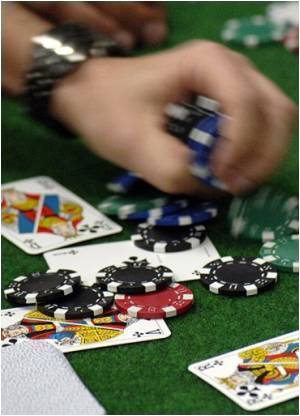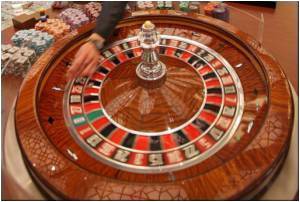Scientists have successfully reduced behaviours in rats commonly associated with compulsive gambling in humans.

For the study, rats gambled for sugar pellets using a slot machine-style device that featured three flashing lights and two levers they could push with their paws.
The rats exhibited several behaviors associated with problem gambling such as the tendency to treat "near misses" similar to wins.
Building on previous research, the team focused on the dopamine D4 receptor, which has been linked to a variety of behavioral disorders, but never proven useful in treatment.
While findings suggest that blocking the D4 dopamine receptor may help to reduce pathological gambling behaviors in humans, the researchers note that further research is needed before the drugs can be considered a viable pharmaceutical treatment for pathological gambling in humans.
In the 16-month study, a cohort of 32 laboratory rats responded to a series of three flashing lights before choosing between two levers. One combination of lights (all lights illuminated) signaled a win and seven combinations (zero, one or two lights) signaled a loss. A "cash-out" lever rewarded the rat with 10 sugar pellets on winning trials, but gave a 10-second "time out" penalty on losing trails. The "roll again" lever allowed the rats to begin a new trial without penalty, but provided no sugar pellets.
Advertisement
By blocking the D4 receptors with drugs, the researchers were successfully able to reduce the rat's choice of the "cash-out" lever on non-winning trials.
Advertisement
Source-ANI









